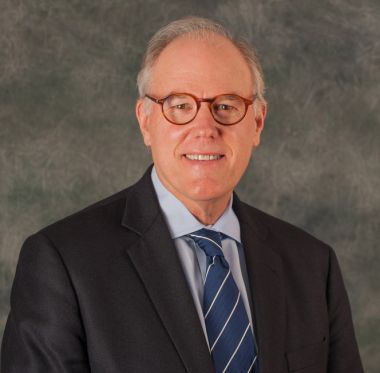Introduction
Sometimes the impact of a Center for Public Integrity investigation is both immediate and substantial. That’s been the case for our latest black lung series published last week, “Breathless and Burdened.”
After spending a year on this project, Reporter Chris Hamby told the story of how a major law firm and a prestigious hospital have been able to prevent coal miners suffocating with black lung disease from receiving federal benefits. He produced detailed and powerful reporting based on data and documents, like so much of the Center’s best work.
These reports have already yielded important reactions:
- Johns Hopkins Medicine has suspended its black lung x-ray reading service, pending a review. Our reporting, in collaboration with ABC News, revealed how medical opinions from doctors at Johns Hopkins helped coal companies block ailing mine workers from receiving disability benefits. The coal industry has paid the hospital millions of dollars over the years for its services.
- United States senators from coal country have begun working on new legislation to address “troubling concerns” raised by our reporting. U.S. Sen. Robert P. Casey, D-Pa., said it’s “imperative that miners receive fair treatment and are not victimized at any point in the system.” Casey said he is “working closely with Senator (Jay) Rockefeller to develop new legislation to address this problem.” Rockefeller, D-W.Va., called the treatment of coal miners a “national disgrace.”
- In an interview Monday, a top U.S. Department of Labor official acknowledged there were problems with the current law, and said the agency is helping the two senators craft legislation to reform the black lung benefits system.
- And Richard Trumka, president of the AFL-CIO, wrote in a column on Monday that the Center’s reporting “lays bare for the public something miners and their families in the coal fields have known for decades. Coal companies, their lawyers and their hand-picked doctors will go to any length — ethical or not — to deny the small monthly benefits that stricken miners are due under the Black Lung Benefits Act.”
Trumka obviously feels strongly about this issue. “Black lung … killed my dad in 1999. Since then, more than 9,000 miners have died of black lung.”
Trumka suggested several solutions to this mine workers’ disease, including adopting new rules that control coal dust right at the point of contact in the mine. “They do that in Australia,” Trumka wrote, “where dust control rules require strong ventilation and wetting agents on the cutting machines to keep breathable coal dust out of the air. There has not been a single new case of black lung diagnosed there since 2006.” By contrast, in the United States black lung is growing and being diagnosed in younger and younger miners, according to new studies and the Center’s own reporting from last year.
When consumer advocate Ralph Nader helped get new federal legislation passed in 1969, there was an expectation that black lung would slowly become a disease of the past. That did not happen — it is very much a growing disease of our time. Clearly, the system designed to compensate ill miners has been too often sidetracked by the coal industry and its allies.
The real test of impact from our investigative work is whether substantive reform really results. In other words, will sick miners now get the black lung benefits the federal law was designed to provide to them? In our current political system of legalized corruption, deep-pocketed special interests have more often than not been able to delay or derail changes after public outrage subsides by making sure Congress does not act forcefully to clarify the law and make it stick.
The coal industry, along with many other sectors of our economy, such as energy, telecommunications, pharmaceuticals, financial services, health insurance and the chemical industry, have more often than not succeeded in using their political clout and financial muscle to shield themselves from public-interest reforms — even in the most outrageous situations. The coal industry will no doubt be seeking to do that yet again. However, I can tell you that our investigative team at the Center for Public Integrity will be watching closely.
Until next week,
Bill

Join the conversation
Show Comments